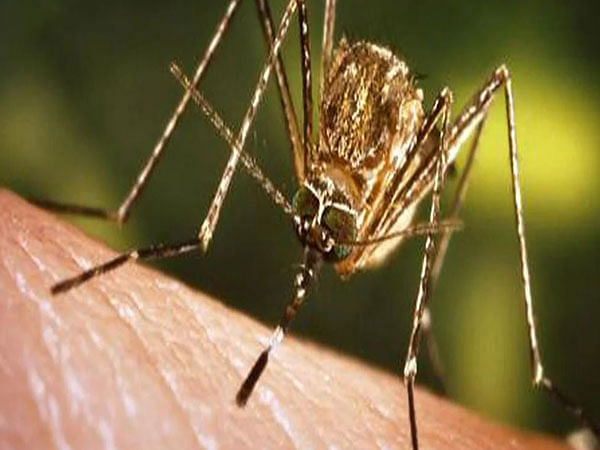Guwahati (Assam) [India], July 21 (ANI): Japanese Encephalitis claimed three more lives in Assam in the last 24 hours taking the death toll to 35 and reported a total of 24 new cases of during the period.
According to the National Health Mission (NHM), Assam, three people died due to the infection of Japanese Encephalitis in the state in the last 24 hours.
Out of 24 new cases, four each were reported from Nagaon, Biswanath district, three in Jorhat district, two each in Dhemaji, Kamrup, Lakhimpur, Nalbari and Sonitpur district and one each in Baksa and Chirang district.
A total of 226 cases of Japanese Encephalitis have been detected in July so far.
Japanese encephalitis virus JEV is the most important cause of viral encephalitis in Asia. It is a mosquito-borne flavivirus, and belongs to the same genus as dengue, yellow fever and West Nile viruses.
The first case of Japanese encephalitis viral disease (JE) was documented in 1871 in Japan. The annual incidence of the clinical disease varies both across and within endemic countries, ranging from 1 to 10 per 1 lakh of population or higher during outbreaks, as per World Health Organization (WHO) website.
Most JEV infections are mild (fever and headache) or without apparent symptoms, but approximately 1 in 250 infections results in severe clinical illness. The incubation period is between 4 and 14 days. In children, gastrointestinal pain and vomiting may be the dominant initial symptoms. Severe disease is characterized by rapid onset of high fever, headache, neck stiffness, disorientation, coma, seizures, spastic paralysis and ultimately death.
The case-fatality rate can be as high as 30 per cent among those with disease symptoms.
Of those who survive, 20 per cent to 30 per cent suffer permanent intellectual, behavioural or neurological sequelae such as paralysis, recurrent seizures or the inability to speak.
Safe and effective JE vaccines are available to prevent disease. WHO recommends having strong JE prevention and control activities, including JE immunization in all regions where the disease is a recognized public health priority, along with strengthening surveillance and reporting mechanisms. Even if the number of JE-confirmed cases is low, vaccination should be considered where there is a suitable environment for JE virus transmission. (ANI)
This report is auto-generated from ANI news service. ThePrint holds no responsibility for its content.



